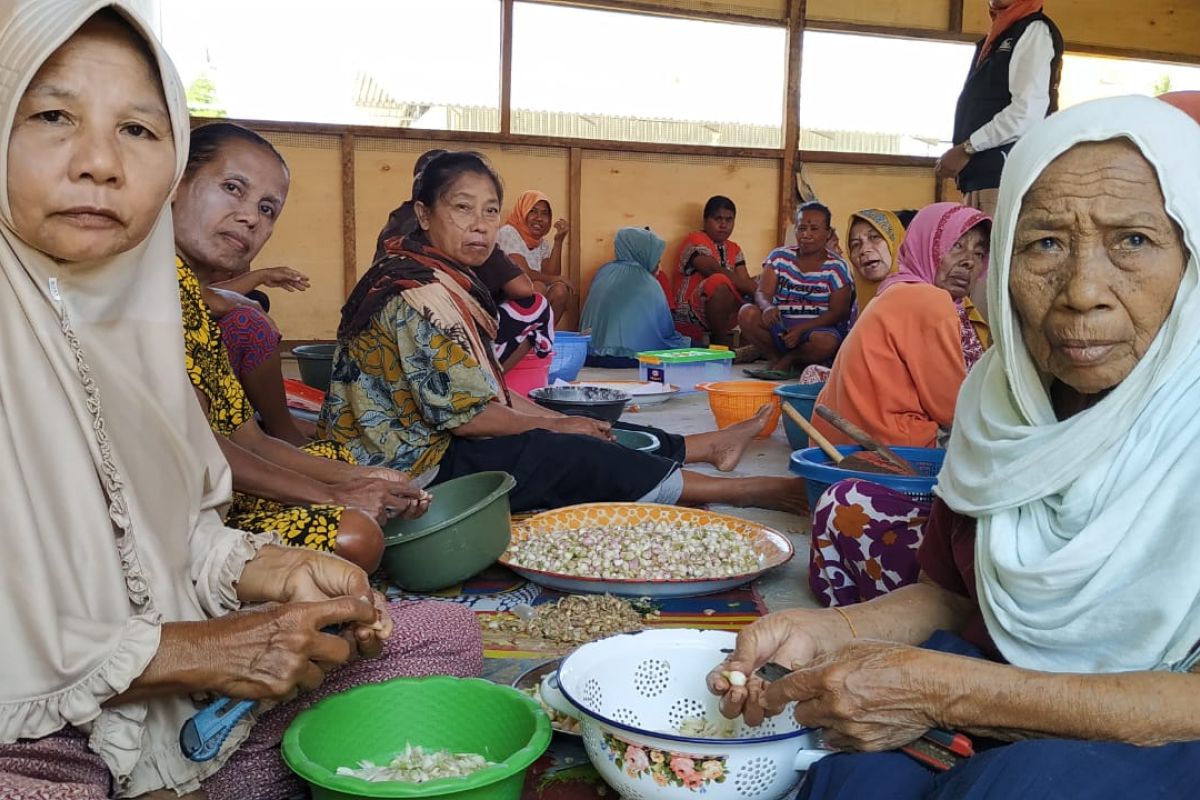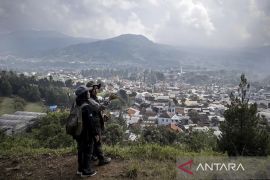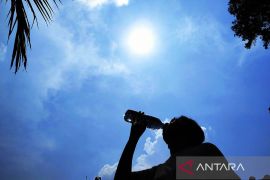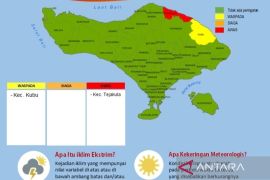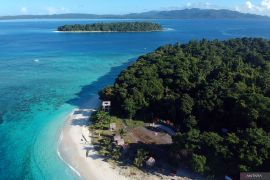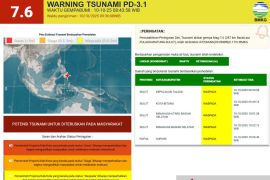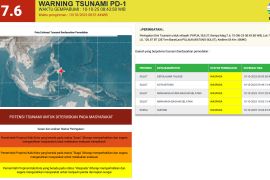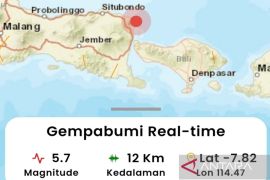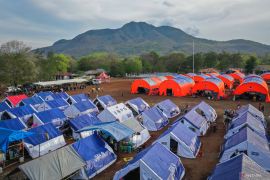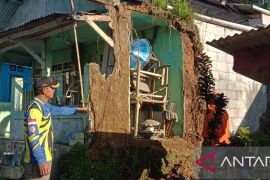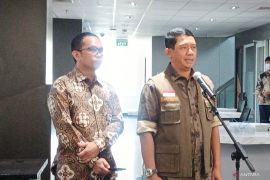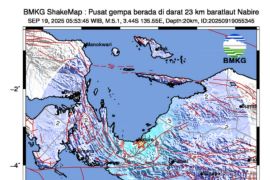Head of BMKG Dwikorita Karnawati said in a statement received from the agency here on Tuesday that the abilities and perspectives of women who can reach the most vulnerable groups, such as children, people with disabilities, and the elderly, are the main reasons for increasing their involvement.
This role was one of the strategic issues presented by BMKG to 139 delegates from 94 countries participating in the discussion forum titled "The Third Session of the Commission for Weather, Climate, Water and Related Environmental Services and Applications" (SERCOM-3), on March 4-9, 2024, in Bali.
Karnawati called for taking into account several important aspects, such as increasing the involvement of women in mitigation studies, considering disaster risks, preparing emergency recovery plans, and conducting rehabilitation to help create a safer and fairer environment.
"Likewise with proactive disaster management strategies to reduce the potential impact of disasters due to climate change," Karnawati, who is also Indonesia's Permanent Representative to the World Meteorological Organization (WMO), stated.
"Apart from access, resources, and control of information, community resilience must also not be ignored," she added.
She ensured Indonesia's consistency in implementing gender balance and inclusiveness.
This can be proven by the high level of participation of women in parliament and volunteer organizations, so accessibility to early warning of natural disasters is considered to be going well, according to her.
The involvement of women has also been linked to a reduction in disaster-related deaths, with an average 26.7 percent decrease in fatalities among the estimated 388,736 people affected by natural disasters during the 2014-2023 period, according to the statement.
Based on data from the National Disaster Management Agency (BNPB), this figure is much better than in the earlier decades, during which the number of victims who died due to natural disasters reached an average of 30-40 percent.
"We must involve gender mainstreaming in all aspects of WMO strategies, initiatives, and activities, especially those related to services and infrastructure, at the global, regional, and national implementation levels," Karnawati emphasized.
All BMKG ideas representing the Indonesian government received a positive response from WMO Secretary-General Celeste Saulo, the statement said.
Saulo, according to the statement, acknowledged that the lack of support for full participation and leadership given to women is a challenge.
In fact, women have an effective role in mobilizing society when a disaster occurs and are at the forefront of recovery, the secretary-general said.
Hence, he expressed hope that the meeting forum in Bali would drive each participating country to overcome systemic obstacles that hinder the role of women in building a sustainable society that is aware of disasters.
Related news: BNPB conducts disaster early warning simulation to anticipate eruption
Related news: Brawijaya University students make earthquake emergency lights
Translator: M. Riezko Bima Elko Prasetyo, Katriana
Editor: Tia Mutiasari
Copyright © ANTARA 2024
